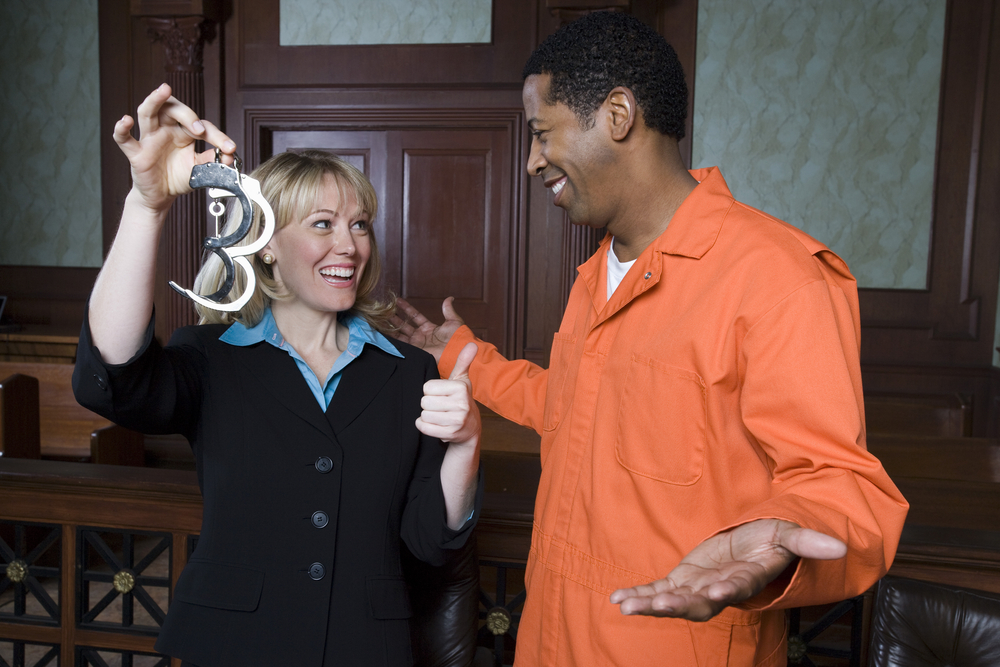When hiring a criminal defense lawyer, preparing for the first meeting is essential. You need to have the right questions to be well-informed about the legal professional you’re enlisting to be on your side.
Below are the questions you should ask the lawyers you meet for the first time. Asking the right questions would help you decide on the best representation that could give you satisfaction and the outcome you want for your case.
1. Do You Provide A Free Initial Consultation?
Here’s what to expect during your first meeting with a criminal defense lawyer. The lawyer will want to know the pertinent facts and details to evaluate your case correctly. A face-to-face meeting is ideal. You should feel good about the lawyer because he inspires trust and confidence. A personal meeting is also advisable because it’s usually challenging to get sound advice over a short phone call.
During the initial interview, you’ll likely be discussing the following:
- The charges against you and the facts of the case
- Essential information about your arrest, such as what happened, what words were said to whom, what the police did, if rights were violated, and more
- Life history, employment, and educational background
- History of arrests, if any
- Immigration issues, if any
Many attorneys offer a free initial consultation wherein they’ll answer your questions and give you an idea of possible action plans. If they’re not offering free initial consultation, you must find one who does. It’d be a bonus if the attorney is available in the evening and during weekends to accommodate your schedule.
2. How Long Have You Practiced Criminal Law?
Experience is vital when defending a client in a criminal case. A criminal defense attorney who has practiced criminal law for several years and has handled different criminal cases presents many benefits. The right lawyer will be able to advise you on what to expect in the various stages of the process.
Your lawyer should also be able to anticipate the actions or strategies of the prosecution and prepare accordingly. Overall, your lawyer should be able to assist you in building a solid defense.
Furthermore, you should choose a lawyer whose practice is devoted to criminal law and not one who dabbles in other specializations such as business law or family law. Hiring a lawyer with experience and expertise in the correct specialization will help guarantee the appropriate legal strategy.
3. How Often Will You Contact Me?
A criminal defense lawyer has responsibilities and duties to you as their client. Communication is a must in criminal defense cases. Your lawyer must be able to relay important updates and information to you to prepare for court dates.
They don’t need to call you daily. But you’d want to hear from them when it’s necessary. Ask them this question to identify their communication style and if it suits your needs.
4. Have You Handled A Case Similar To Mine Before?
As experience in handling criminal cases is essential, you must ensure that your attorney has already dealt with a specific case like yours. Such lawyers better understand your situation, making them suitable for your case. They’ll be able to build a solid criminal defense case.
Therefore, it’s important to ask your lawyer this question. If the state is accusing you of murder, you need a legal specialist who’s experienced in handling murder cases. If your case is unique and you can’t find a lawyer with relevant experience, you can opt for someone who has represented similar cases.
When interviewing lawyers about their experience, you also need to ask them about the results of their cases. You’re on the right track if the lawyer has a high win record.
5. What Can I Do To Help My Case?
Criminal attorneys take charge of your case, but that doesn’t mean you can’t do anything. As cases are unique, there might be things you could do to help your case. You can ask the lawyer if the following would be helpful:
- Gathering documents or records related to your case
- Enrolling in an anger management class, rehabilitation program, or getting into counseling
On the other hand, there might be things you shouldn’t do as it could hurt your case. For example, your lawyer could forbid you from speaking to the press or the witnesses.
It’s imperative to follow the lawyer’s advice about these matters as they know the ins and outs of criminal law. Their answer will help you identify a genuinely willing lawyer to help and not merely accept the case.
In Conclusion
When looking to hire a criminal defense lawyer, you should be ready with these crucial questions. They’ll help you find a suitable lawyer who can help you navigate the complexities of the criminal justice system. Additionally, your lawyer should have adequate expertise and experience to increase your chances of success.



